My parents moved to Northamptonshire in 1947 together with about 10,000 other Glaswegians to work in the new steel mills in Corby – my father then set up his own light engineering business and I was born! I went to boarding school from the age of seven and my secondary education was at Mill Hill in north London. I was not academically gifted but obtained the necessary qualification to be accepted into Sandhurst, for what was then a two year course. My two main achievements at Sandhurst were breaking my leg parachuting and becoming an under officer within my college.
I was commissioned in 1970 and joined 1st Battalion Scots Guards on a 9 month unaccompanied tour in Sharjah in the UAE. In 1971 the Battalion was sent on an emergency tour to west Belfast, arriving 4 days after the start of internment. The four months passed quickly as there were daily incidents and the Battalion lost 5 killed and over 30 seriously injured. It was during this period that I earned a MC for a foolhardy but thankfully successful operation. The Battalion completed a further NI tour in 1973 in North Armagh before we moved to Munster in north Germany as part of BAOR.
In 1974 I attempted and passed SAS selection and became a Troop Commander in G Squadron. In 1975 the Squadron deployed on 6 months of operations against communist insurgents in Dhofar, the southern province of Oman. During this tour, I commanded a four man detachment in the `empty quarter’, responsible for cross border operations. On return to the UK I commanded the UK’s counter-terrorist team for 6 months before deploying to Belize on an operational role during the confrontation with Guatemala. Subsequently, I joined G squadron on their first operational tour of NI.
After a four year tour as a Captain with the SAS I rejoined my Battalion as a company commander. I deployed with them on an 18 month tour of NI before being selected for a years staff training at the Army Staff College in Camberley. I was then posted back to the SAS as a major commanding G Sqn. My two year tour was punctuated by, what was then an annual deployment to North Norway for 3 months of winter/artic training in our NATO role and a nine month tour in charge of the UK counter-terrorist team, which had grown to a squadron sized unit.
After my squadron commander’s tour I was posted to the UK Embassy in Washington DC as the Special Operations Liaison Officer responsible for all UK liaison with US Tier One SF units. I made many good friendships with both my US opposite numbers and colleagues in the Embassy who liaised with similar, classified, US departments. On return from the US I was made a Lieutenant Colonel and put in charge of the SF desk in the main building of the MOD. My job was policy related and I worked directly to a three star general, who at the time was the `de facto’ MOD operations officer.
In late 1989 I was given command of 22 SAS. The highlight of my time in command was Gulf War 1 when I commanded the largest SAS deployment since WW2. I had nearly three squadrons deployed, two of them behind enemy lines in western Iraq. The Bravo 20 incident took place during this period. I was awarded the OBE after hostilities ceased.
On leaving command of 22 SAS I was sent on the higher command and staff course and promoted to Brigadier missing out the rank of full colonel. After the staff course I was given command of 5 Airborne Brigade, which I held for three years. These were difficult years as whilst the rest of the Army was on active operations in Bosnia, my Brigade could not be deployed as we were not armoured. However I did manage to get my logistics Battalion and Engineers deployed to Rwanda immediately after the genocide. During this period I had the privilege to command all three regular battalions of the Parachute Regiment and two Ghurka battalions. After command of the Brigade I was posted to Supreme Headquarters Allied Powers Europe (SHAPE), which is NATO’s military HQ in Mons in Belgium. I worked directly to a German four Star and amongst other responsibilities was responsible for the Supreme Commander’s NATO office. I have remained good friends with General Wesley Clarke, who was the Supreme Commander responsible for the Kosovo campaign.
I left SHAPE in 1999 and became Director UK Special Forces based in London. I was responsible for all SAS and SBS units in addition to some more sensitive deployments elsewhere., including Kosovo. The high light of my time as DSF was to deploy and command Operation Barrass in Sierre Leone. This was the successful rescue of six regular army soldiers who had been taken hostage by the `West Side Boys’. I was awarded my DSO for this operation which in the wider sense helped restore peace to Sierre Leone. I was then promoted to Major General and given command of 4 Division in Aldershot. This was an important appointment, but most of the work was representational and budgetary and I subsequently opted for early retirement.
My civilian carer has concentrated on business intelligence and investigative work, which included becoming a friend of Alexander Litvinenko and ultimately ingesting some polonium. I also run security-related projects in Africa and have invested in a company growing rice in Sierre Leone. I have completed interesting projects in Mali, Libya (ongoing), Ethiopia and Kenya in addition to helping create an Oil Protection Force in Iraq after Gulf Wat 2. I have an ongoing project to visit Syria. I have retained good contacts throughout Africa, the Middle East and the US. I travel widely and live in London.
Geo-Security
Intelligence Gathering
Strategic Consulting
Leadership
Hostile Situations

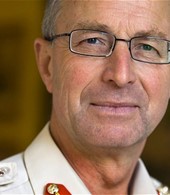
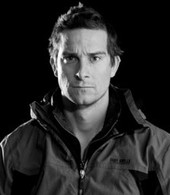
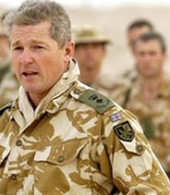
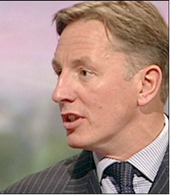
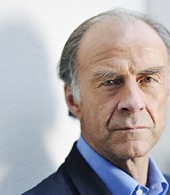

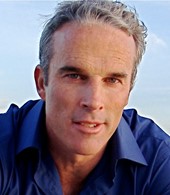
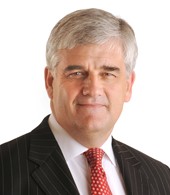
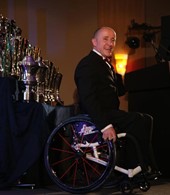
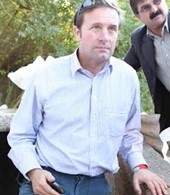
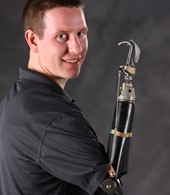
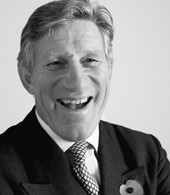
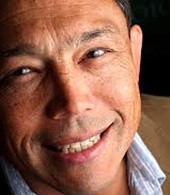

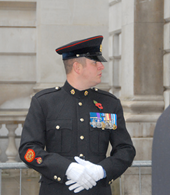
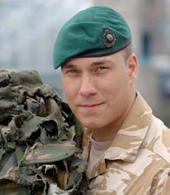
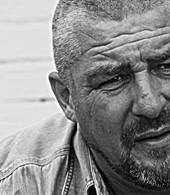
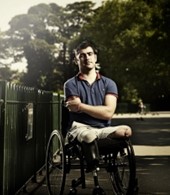
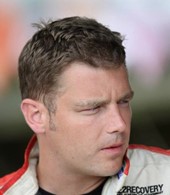
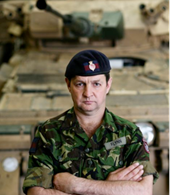
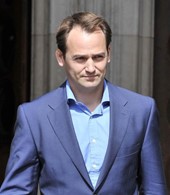
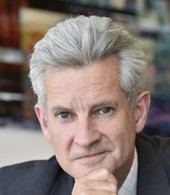
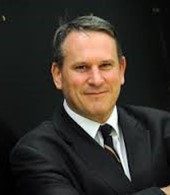
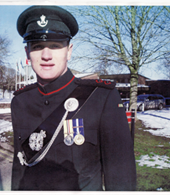
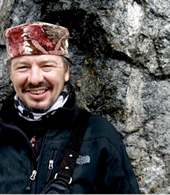
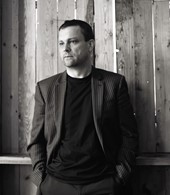
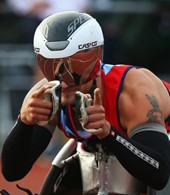
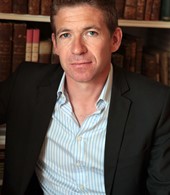
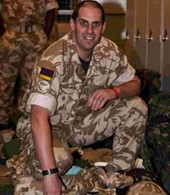
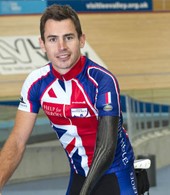
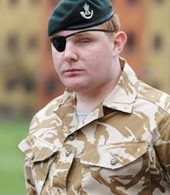
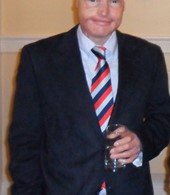
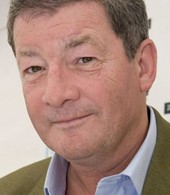
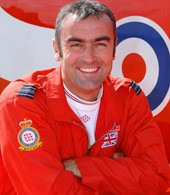
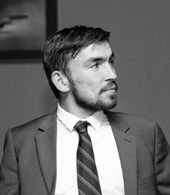
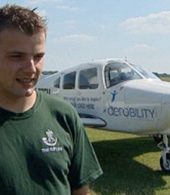
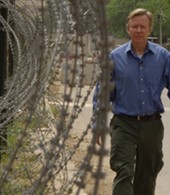
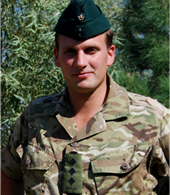
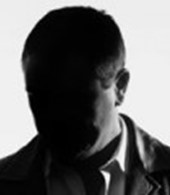
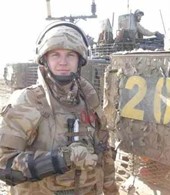
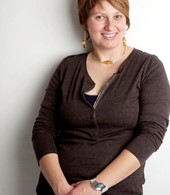

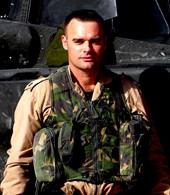
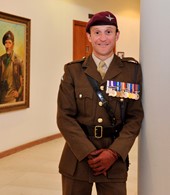
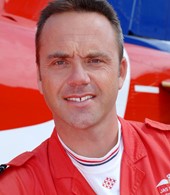
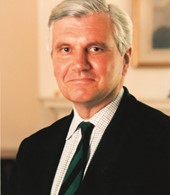
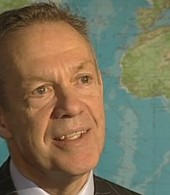
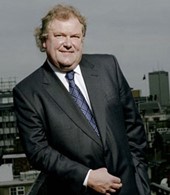
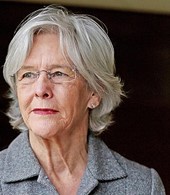
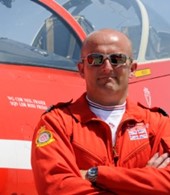
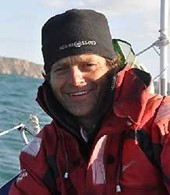
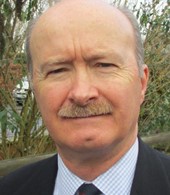
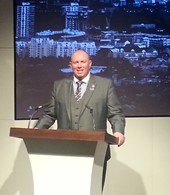
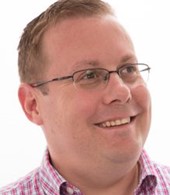
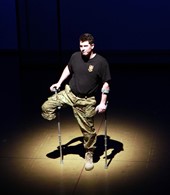
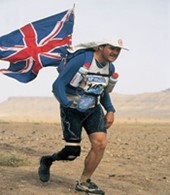
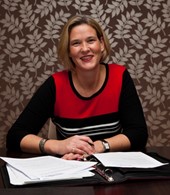
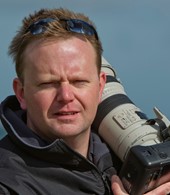
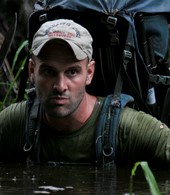
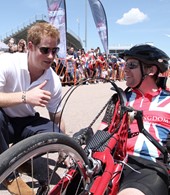
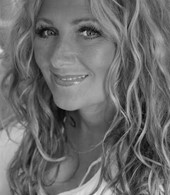
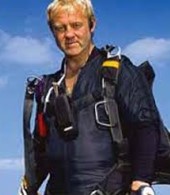
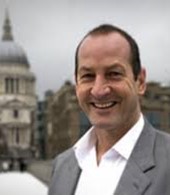
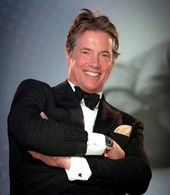
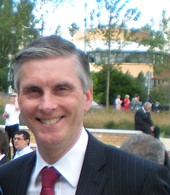
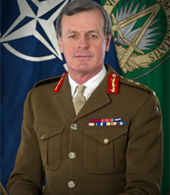
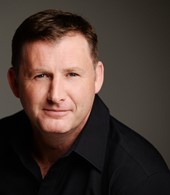
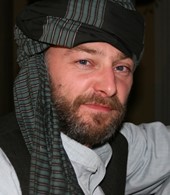
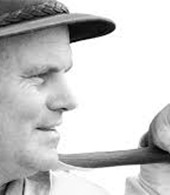
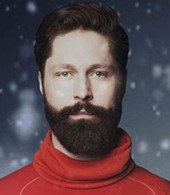
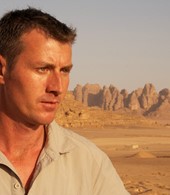
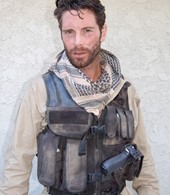
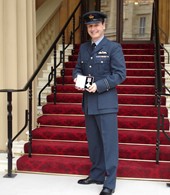
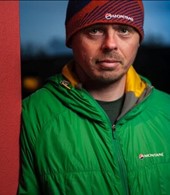
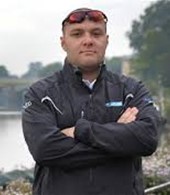
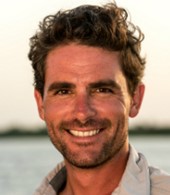
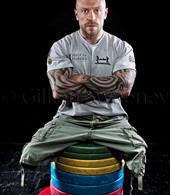
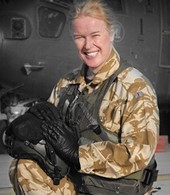

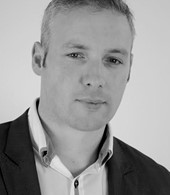
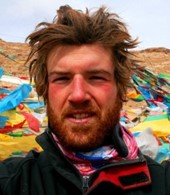
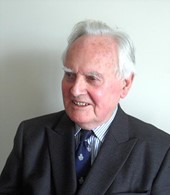
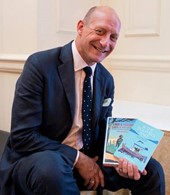
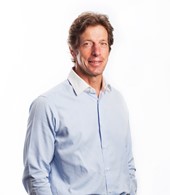
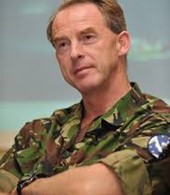
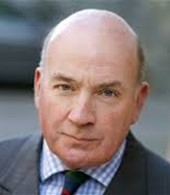
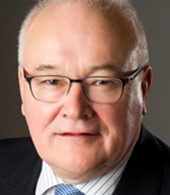
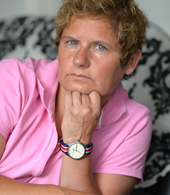
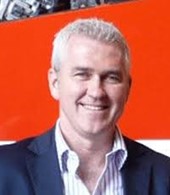
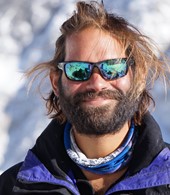
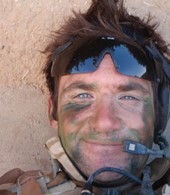
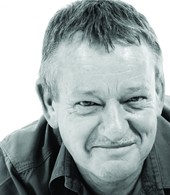
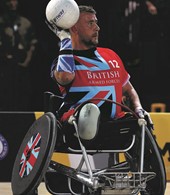
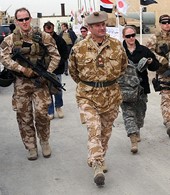
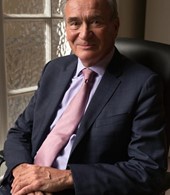
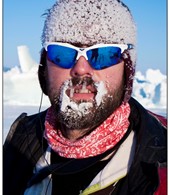
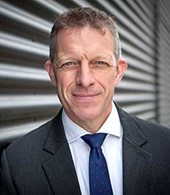
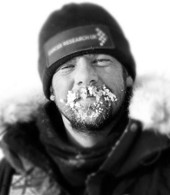
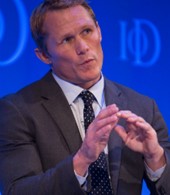
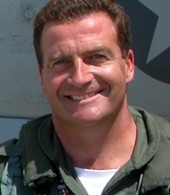
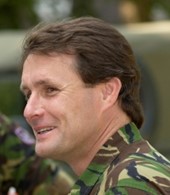
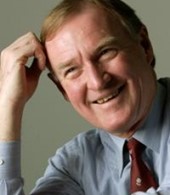
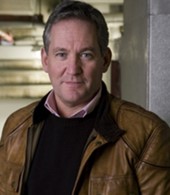
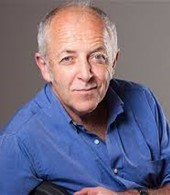
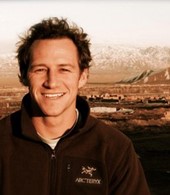
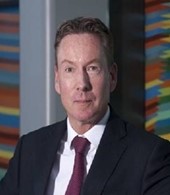
A dynamic and versatile speaker, Josh is able to draw upon his experience and expertise to give inf…